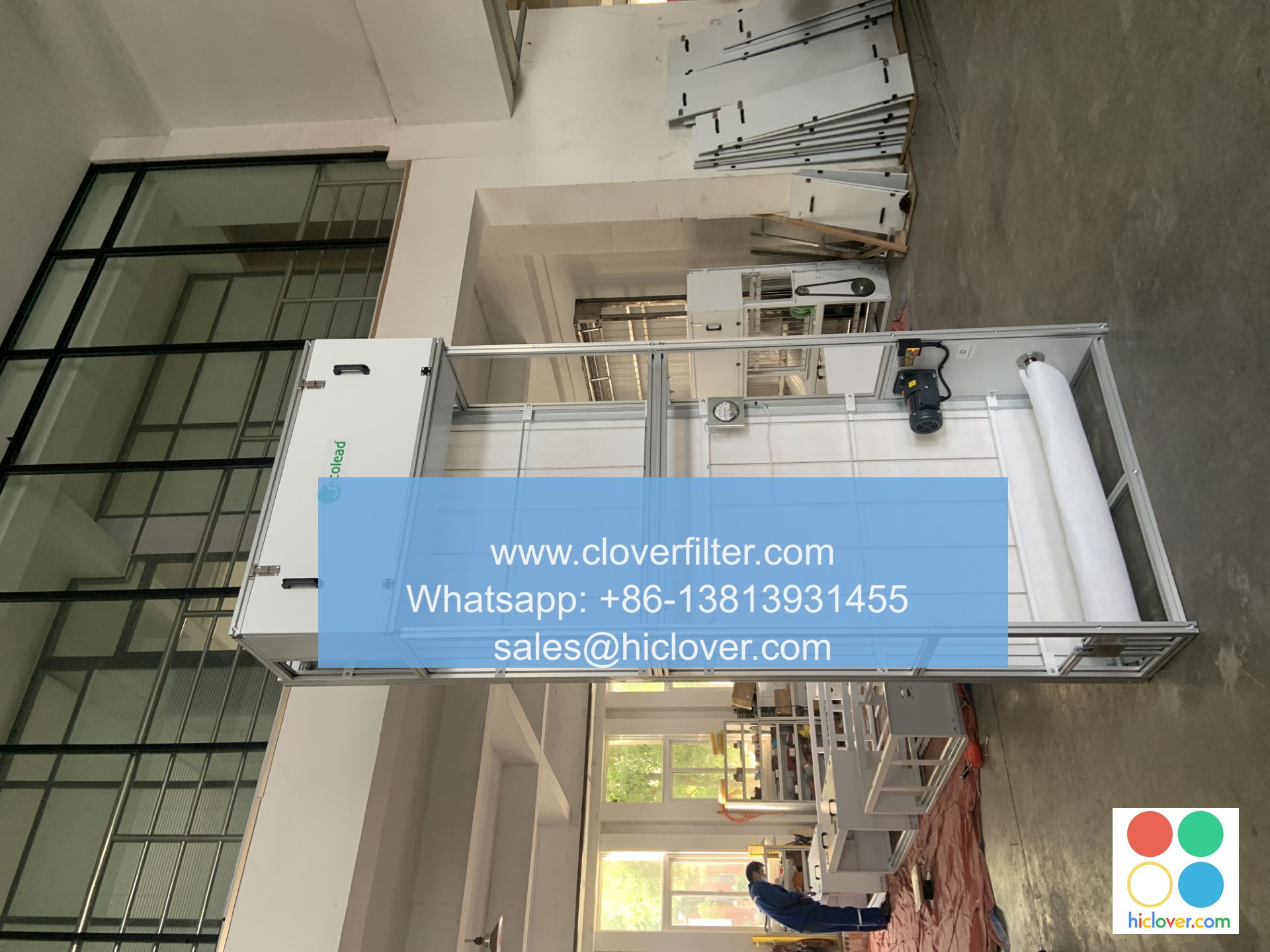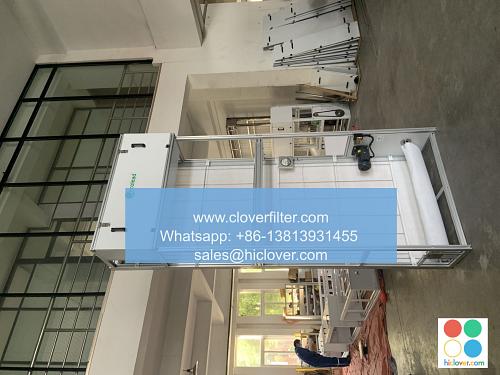The Impact of Air Filters on Indoor Air Quality

Air pollution is a significant concern worldwide, and it’s not just limited to outdoor environments. Indoor air quality can be just as problematic, with pollutants like particulate matter, nitrogen dioxide, and volatile organic compounds (VOCs) contributing to a range of health issues. One effective way to improve indoor air quality is by using air filters, which can remove pollutants and allergens from the air, creating a healthier environment for occupants. In this article, we’ll explore the impact of air filters on indoor air quality, highlighting various application areas, including residential air filtration, commercial air purification, and industrial air cleaning.
How Air Filters Work
Air filters work by capturing airborne particles and gases, preventing them from circulating in the air. There are several types of air filters available, including HEPA filters, activated carbon filters, and ionic air purifiers. HEPA filters, for example, can capture 99.97% of particles as small as 0.3 microns, making them highly effective at removing allergens like dust, pollen, and pet dander. Activated carbon filters, on the other hand, are designed to remove gases and odors, making them ideal for use in kitchen ventilation systems and bathroom exhaust fans.
Benefits of Air Filters
The benefits of air filters are numerous, and they can have a significant impact on indoor air quality. Some of the key advantages of using air filters include:
* Improved respiratory health: By removing airborne pollutants, air filters can help reduce the risk of respiratory problems like asthma and chronic obstructive pulmonary disease (COPD).
* Reduced allergy symptoms: Air filters can capture allergens like dust, pollen, and pet dander, making them a valuable tool for people with allergies.
* Elimination of odors and gases: Activated carbon filters can remove unwanted odors and gases, creating a fresher and healthier indoor environment.
* Increased energy efficiency: By reducing the amount of airborne pollutants, air filters can help improve the overall energy efficiency of heating and cooling systems.
Application Areas
Air filters can be used in a variety of application areas, including:
* Residential air filtration: Air filters can be used in home air purification systems to remove pollutants and allergens from the air.
* Commercial air purification: Air filters can be used in office buildings, schools, and hospitals to improve indoor air quality and reduce the risk of airborne illnesses.
* Industrial air cleaning: Air filters can be used in industrial settings to remove pollutants and contaminants from the air, creating a safer and healthier environment for workers.
Choosing the Right Air Filter
With so many different types of air filters available, it can be difficult to choose the right one for your needs. Some factors to consider when selecting an air filter include:
* Filter type: Different types of air filters are designed to capture different types of pollutants. HEPA filters, for example, are highly effective at removing particulate matter, while activated carbon filters are better suited for removing gases and odors.
* Filter size: The size of the air filter will depend on the size of the space you’re trying to purify. Larger filters are typically needed for larger spaces.
* Filter maintenance: Some air filters require regular maintenance, such as cleaning or replacing the filter media. Others may be designed to be maintenance-free.
Conclusion
In conclusion, air filters can have a significant impact on indoor air quality, removing pollutants and allergens from the air and creating a healthier environment for occupants. By understanding how air filters work, the benefits they provide, and the various application areas they can be used in, you can make an informed decision about which type of air filter is right for your needs. Whether you’re looking to improve residential air filtration, commercial air purification, or industrial air cleaning, there’s an air filter out there that can help. You haven’t given me a prompt to respond to. Please provide a question, topic, or prompt for me to address. I’ll do my best to provide a helpful and direct response. What’s on your mind?

